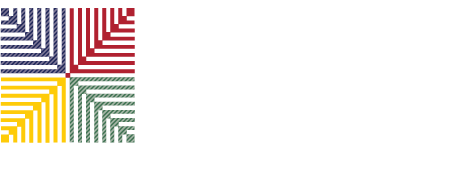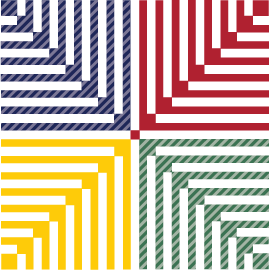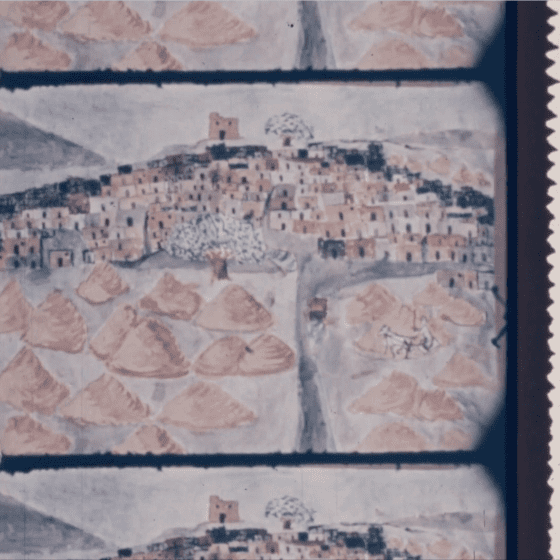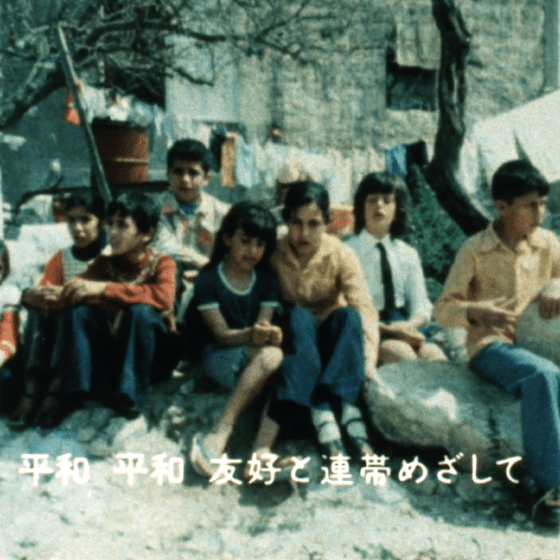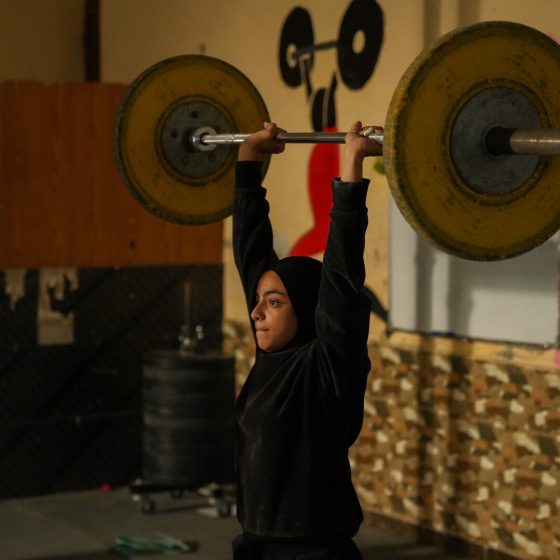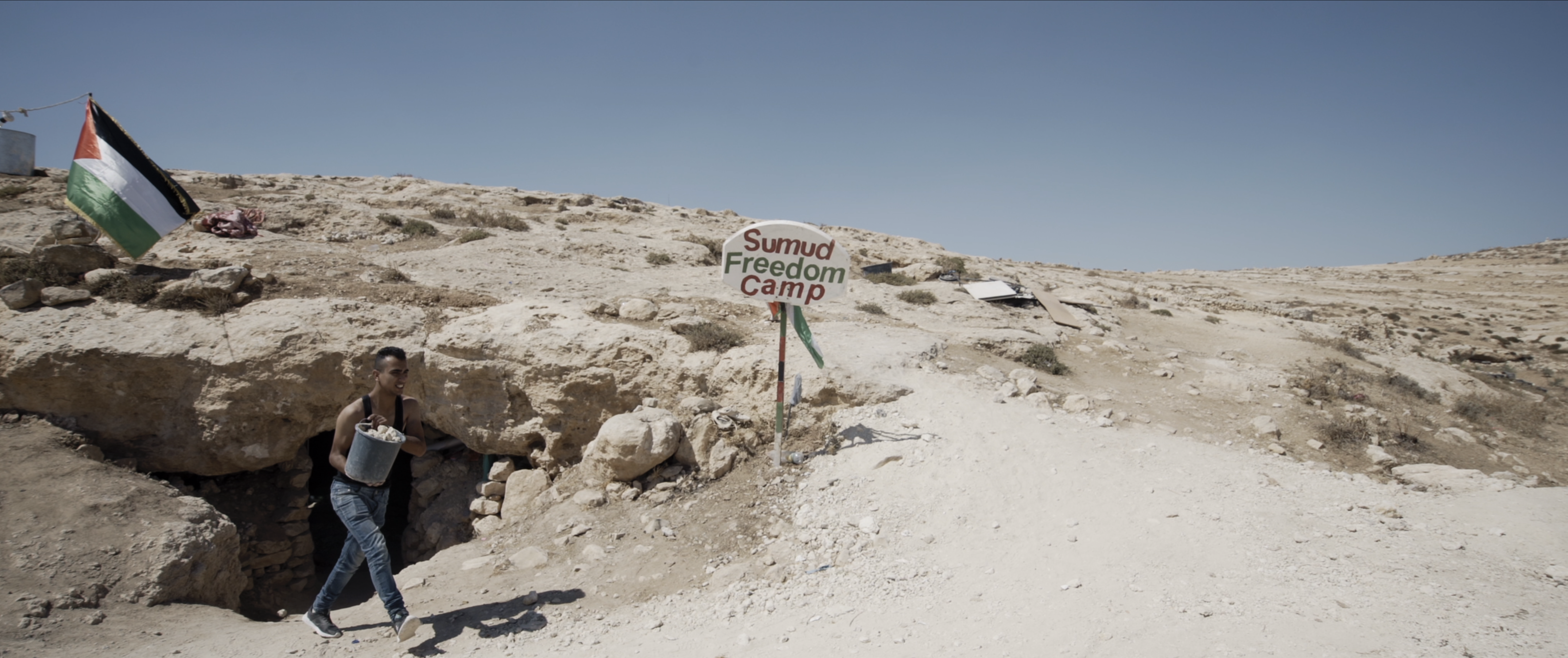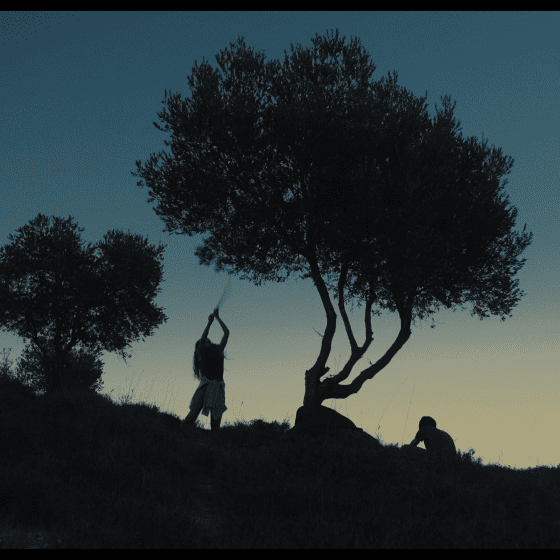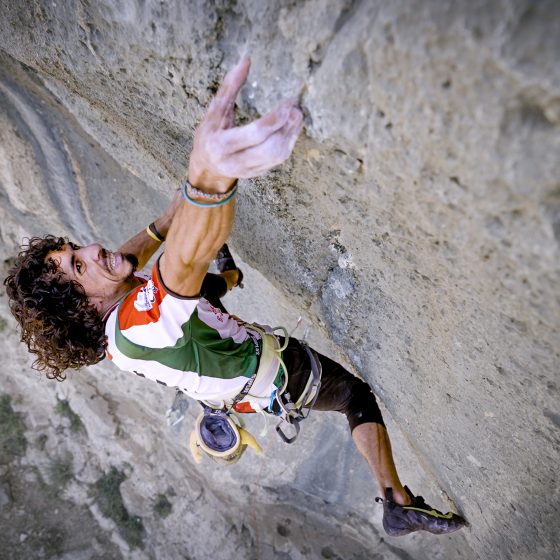SUMMARY
R21 aka Restoring Solidarity is a film about making a film. It’s also a film about films that exist on the margins of documentary, fiction, and an archive. The set-up was to make a narrative out of a collection of 20 films, with the intention to send out a message of solidarity. It’s an act of reaching out, of asking questions, an act of looking, together – the team behind the film and the audience – a gaze that gets entangled with speculations, politics, and the hopes of an era.
While lost in translation, the filmmaker is haunted by a voice that is comprehending the need to save these films and images, not by and for the Palestinian people only, but for the Japanese people as well. Placing such an archive of Palestinian films as part of the Japanese people’s archive, at the same time, restores an account of solidarity that emerges throughout the narrative.
The journey starts and ends in a lab, using a film scanner as a time machine, capturing a history of the Palestinian struggle, as seen by a Japanese audience. For many of them, the films reveal yet another story of injustice related to post World War II politics, a history that both peoples understand. From images of demonstrations against the renewal of the defense treaty between the USA and Japan, to iconic images of a Palestinian guerilla training camp in Jordan, from Hiroshima and Nagasaki to Sabra and Shatila, the film bridges the history of the new Japanese left to the solidarity movement with Palestine throughout its timeline.
The selected scenes from the 20 films found in Tokyo are spliced, synched, and mixed in search of a narrative, a discourse, of a collector, a collective, a network of distribution, a tradition of screening films as a political act. At the same time, uncovering a cinematic wealth that was driven and produced out of solidarity, out of the intentions and motives of a film programmer. While traveling through time in the world of committed cinema, questions emerge continuously in the background: how did these films reach Japan? When? Why, and by whom?
Although the film does not busy itself with answering these questions, it still recognizes the importance of such gestures of solidarity and returns a gesture of its own. Building on a practice of writing letters, the film expresses compassion and understanding across contexts through analyzing not only the images, but the conditions, the needs, and the circumstances surrounding the existence of the collection. It finds its voice in the formation of a narrator in search of a reason to tell a story.
